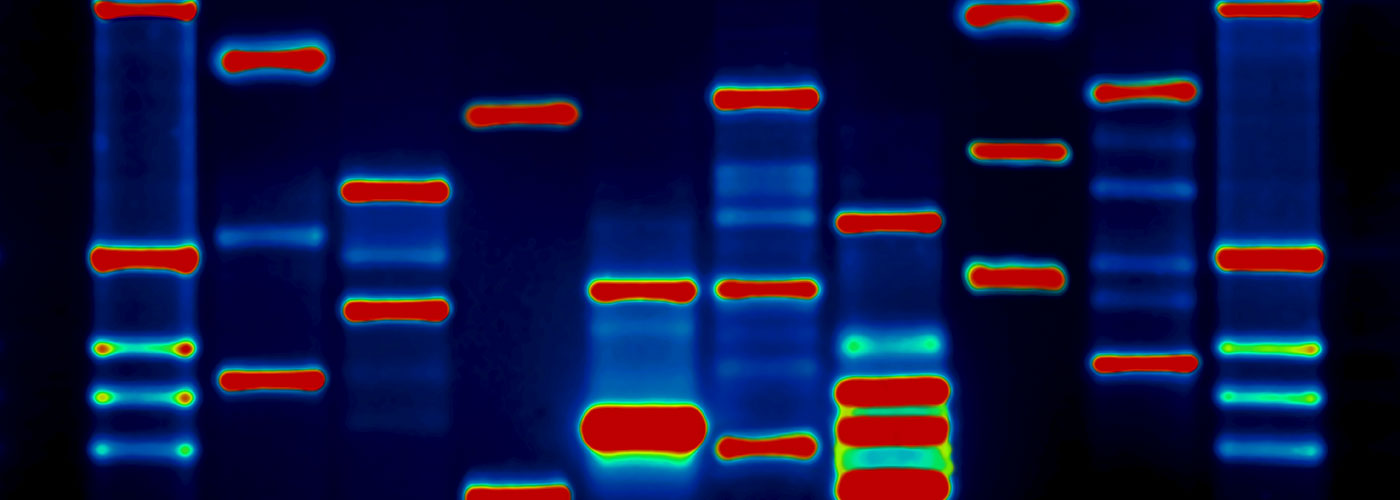On Feb. 19, the U.S. Food and Drug Administration took a huge step towards patient-centric medicine when it approved the marketing of genetics testing company 23andMe’s carrier test for Bloom Syndrome. This was a startling—and good—development because it affirmed the rights of consumers to drive their own health-care decisions and procedures. But it also means that it has become urgent to develop policies to regulate the rights of companies to resell data derived from the contents of our DNA and from our medical records.
Medicine has become an information technology and is advancing on an exponential curve. Tweet This Quote
Not only did the FDA allow 23andMe to resume business; it also took the step of exempting these types of carrier DNA tests (such as for Tay–Sachs disease) from its pre-market review requirements. This will have the effect of accelerating innovation, because the technology industry is “eating” medicine. Companies such as Apple, Google, IBM, and Microsoft are developing health platforms, artificial intelligence-based analysis tools, and wearable medical sensors. Medicine has become an information technology and is advancing on an exponential curve.
Here’s the back story to the FDA decision. You probably remember that the FDA forced 23andMe to remove its DNA testing product from the market in 2013 due to “lack of scientific evidence.” The FDA took pains to explain that it wanted to help 23andMe but that the company had failed to follow the regulatory process and to provide sufficient evidence to back up its claims of accurate detection of certain genetic markers common in breast cancer, warfarin sensitivity, and many other states of health. The shutdown riled Silicon Valley and techno-libertarians who felt that the FDA was unfairly regulating their right to information.
Many physicians, for their part, protested that consumers could easily misinterpret results. The FDA argued that 23andMe had never shown clear evidence that its tests were not throwing false positives at unacceptable rates. False signals could be dangerous if misconstrued or taken as gospel. For example, genetic testing for certain gene variants closely associated with particularly noxious forms of breast cancer might encourage a woman to put herself in significant peril by undergoing radical surgery or other risky treatment for no possible benefit.
The combination of cheap and good (or good enough) is powerful and inevitable. Tweet This Quote
This is a plausible argument. On the other hand, the regulatory process to date has stifled innovation in the area of consumer-driven genetic testing. Traditionally, anyone seeking genetic testing had to go through a physician or a formalized service with counseling and other information sessions as a key component. 23andMe, founded by Anne Wojicki, was built on the idea that consumers are smart enough to handle their own health-care information and guide their own care.
Now, apparently, the FDA is starting to agree with Wojicki not just in words but also in deeds.
23andMe charges $99 for a partial genomics sequence and offers this as a way of tracking ancestry rather than of identifying genetic indicators of health risks. DNA sequencing costs have fallen from about $3 billion, the investment in sequencing the first human genome in 2001, to about $1,000 today. Costs will continue to fall, and the speed of sequencing will keep increasing. We can expect that within five or 10 years, full human-genome sequencing will costs less than a cup of coffee, take a couple of minutes, and become as common as a blood test.
In the near future, with help from very smart artificial-intelligence systems, consumers will be able to take control of their health and obtain the care they deserve for far less than it costs today. Tweet This Quote
Here’s why this matters so much. The combination of cheap and good (or good enough) is powerful and inevitable. It means that, in the near future, with help from very smart artificial-intelligence systems, consumers will be able to take control of their health and obtain the care they deserve for far less than it costs today. Being cheap and good also means that people will be able to buy effective technologies online through an app store based in India or Canada, in the form of software, connected hardware, or some combination of the two. DNA tests will be done a chip on your phone case, not in a 23andMe facility.
We lack sufficient safeguards for consumers who supply their DNA data to companies such as 23andMe. Tweet This Quote
But here is my concern. 23andMe has made no secret of its ambition to become an information-services provider to large medical and drug companies. Big Pharma is champing at the bit to obtain as much individual DNA information as possible about large swathes of the populace. This will be a key part of research into what is often called “Precision Medicine,” a future when treatments will be able to more finely target ailments at the truly individual level.
We lack sufficient safeguards for consumers who supply their DNA data to companies such as 23andMe. Once this information is made public, its privacy is lost forever. Devising and implementing safeguards will require significant discussion and debate, so that needs to begin now. It is encouraging that D.J. Patil, who has just been named the country’s chief data scientist, has named this topic as being amongst his most important tasks.
Personal DNA information will become far more critical and important to safeguard than the details of our life circumstances. Tweet This Quote
The reality for now is, however, that we still haven’t figured out how to properly deal with personal data online beyond making requirements for disclosure of their theft. Personal DNA information will become far more critical and more important to safeguard than the details of our life circumstances. In the Exponential Era, these data will become bits and bytes for all of us, the same as a cookie on our browsers. On the one hand, I can’t wait to see what emerges as the FDA slowly releases the brakes on innovation. On the other hand, I can’t wait to see what Patil and his team come up with in terms of safeguards for people. It’s going to be a very exciting time in personalized medicine, DNA, and the e-Health space.



